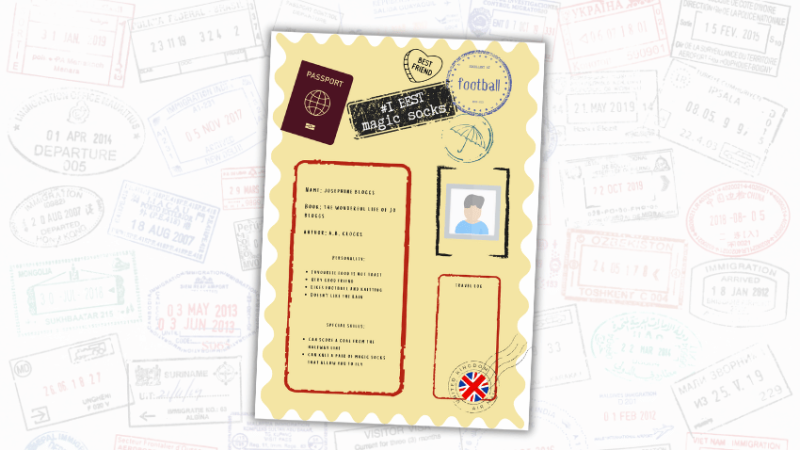4 Ways to Use Effective Feedback to Ensure Progress

Use effective feedback to maximise outcomes for learners, with these sound ideas from David Spendlove…

1 | Faults and Fixes
It’s important to have the correct classroom environment for peer-to-peer work to be successful. This means that there should be a shared understanding of its benefits.
Using a ‘faults and fixes’ table provides an easy way to structure a peer review exercise. When using the table pupils will be peer-assessing each other’s work against set criteria, which has been established and shared.
Introduce the table by saying, ‘You now have five minutes to review your partner’s work and complete the table by finding five faults and recommending five fixes’.
2 | A two-way process
Turning marking into a two-way process makes it a much more productive activity. Instead of simply adding comments, ask questions in the marking feedback, such as, ‘How do you know?’; ‘Can you explain how you decided this?’; or ‘Why might this be incorrect?’.
Such questions deliberately try to provoke thinking and dialogue, rather than the teacher simply doing the thinking for the pupil by marking something as correct.
Of course, for this to be effective, time has to be made available for learners to respond to the questions.
3 | Find a balance
Feedback should provide two types of information: verification and elaboration.
Verification informs the learner to what extent their work is correct, and elaboration guides the learner towards an improved response.
Getting the balance right is an important part of effective formative feedback; and carrying out an audit to find out whether the balance between elaboration and verification is right for you and your pupils is an effective way of improving learner outcomes.
4 | Praise well
We all like to be praised, and the rule of thumb related to feedback is that we should praise between four and five times more than we criticise (but this isn’t a science).
Some findings from research show:
- Praise works if it is specific, sincere and varied.
- Personal praise tends to make pupils feel less successful, as a failure in the task was related to a lack of intrinsic ability.
- Process praise has less detrimental effects, as it relates to factors a pupil can control, such as the amount of time allocated to a task.
David Spendlove is Professor of Education and Director of Teaching and Learning at the University of Manchester and an expert in AfL, research and teaching methods. These suggestions are taken from his book, 100 Ideas for Secondary Teachers: Assessment for Learning (Bloomsbury Education, £14.99).








